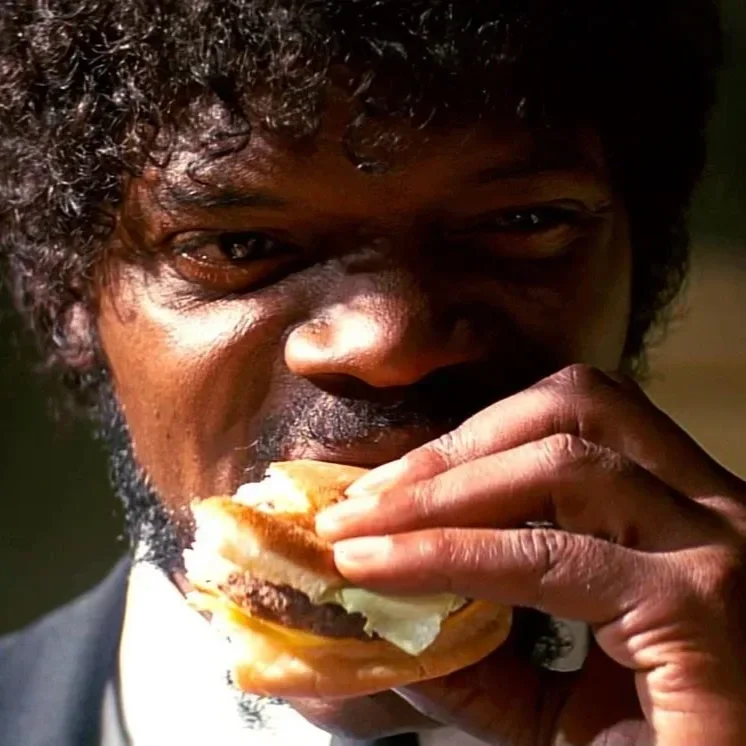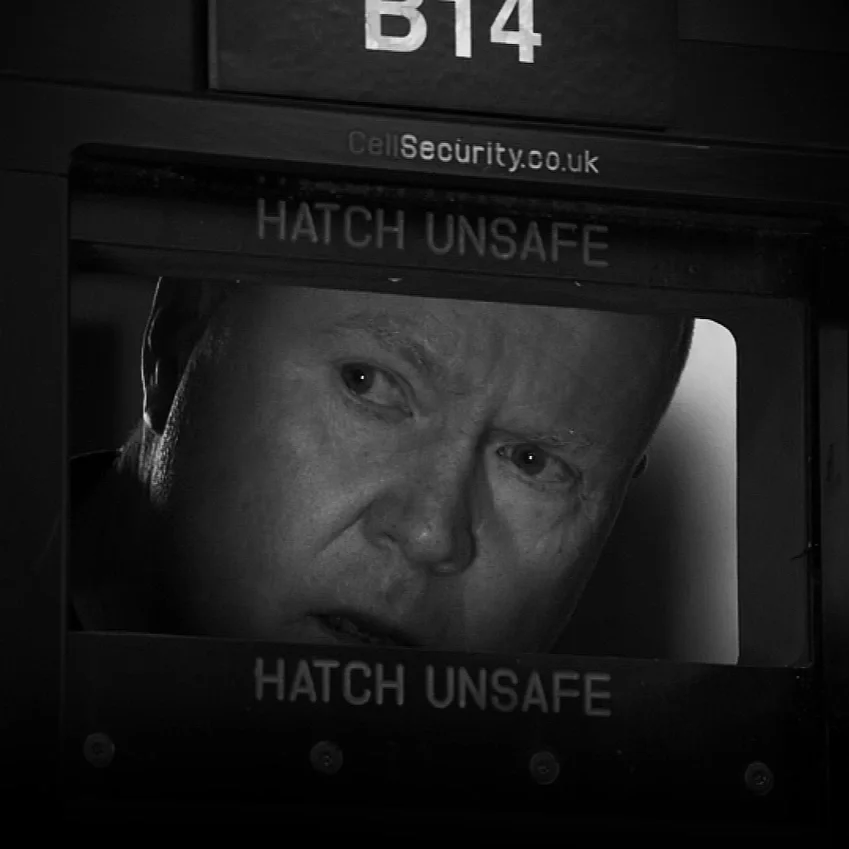Enough with the Remakes & Reboots
As far back as I can remember, I always loved the movies. But lately I’ve been feeling as if we’ve been growing apart. And it’s not me, it’s you. I want new things when you want old things. I want to travel to new places, experience new foods, and meet new people. You want to stay on the couch and watch what we used to watch when we were together twenty years ago. I want to go out with you and see the world. You want the world we already have. If things don’t change soon, I think we should break up.
All of us love a great story. It’s the glue that has bound us together for thousands of years. But in an era where streaming technology and the post-pandemic climate of diminishing theater attendance is causing the industry to tighten its belts, these stories have changed. Instead of heading to the theater on opening night we defer our excitement for when it hits our home platform of choice. We spoil the plots for ourselves by watching the granular vertical analysis on TikTok. And with infinitely expanding choice, we’re overwhelmed. Instead of surfing up and down the cable guide and finding nothing, we’re finding nothing in the horizontal carousels of Netflix, Prime and Disney Plus.
We’re tired because what there is to watch is what we already know. Remakes and reboots are everywhere. Hundreds of them. Do I watch the original West Side Story, or the contemporary re-imagining by Steven Spielberg? Do I watch the original animated Little Mermaid, or the culturally diverse live-action remake? Which one of the sixteen versions of Jane Eyre is the best? The fatigue is real, as is the increasing apathy of choice. There’s just too much, and more just isn’t more. We want better. We want new. We want compelling. We don’t wish for the nostalgic movies of our youth; we yearn for the exciting stories yet untold.
But we get it. Original movies are hard. And risky. And in an era where no-one goes to the movies any more, even making a movie at all is an achievement in itself. And of course, we know that remakes are popular. We know they gross billions of dollars, and that they’re good for business. But are they good for us? What is the term limit on the number of remakes of a single property? Production is more and more in the hands of a digital audience, but the abundance of remakes and reboots must fuel the need for more original storytelling, and there’s compelling evidence to suggest that original stories pull in increasingly newer, younger, and paying audiences. New stories such as The Mandalorian, which expand existing universes, or truly original scripts such as Knives Out or The Power of the Dog, are proving themselves successful for retaining streaming subscribers, but also growing the business. Remakes are good for the existing business, but if we are to get to a place of moving from surviving to thriving, we must focus on new.
These original movies ignite our imaginations in ways that remakes do not. They tell us something new about the world. About ourselves. And about what’s next. There are hundreds of wonderful stories still unmade. New stories remind us of the wonder of the medium itself. Of the awe we feel at seeing something new for the first time. When we first saw Darth Vader emerge from the smoke. When we first saw Buzz and Woody talk to each other. When we first believed that Superman could fly. Where is the wonder in the tenth Fast and Furious movie? Or the legitimate terror of the fourteenth Halloween reboot?
We’re willing to pay. We want to pay. But doubling down on a culture of remakes and reboots just isn’t sustainable. Not just for you, but also for us. Even the extension of existing intellectual property worlds such as the widening Marvel, Star Wars or Harry Potter universes is limited and already producing diminishing returns as those audiences fragment and the stories themselves weaken in comparison to their original treatments. So, while we understand that existing intellectual franchises serve a strong purpose for stabilizing and retaining the financial health of the industry, if it is to grow we believe it must take the risk in turning to new, original, and more diverse stories to not just survive, but thrive.




































